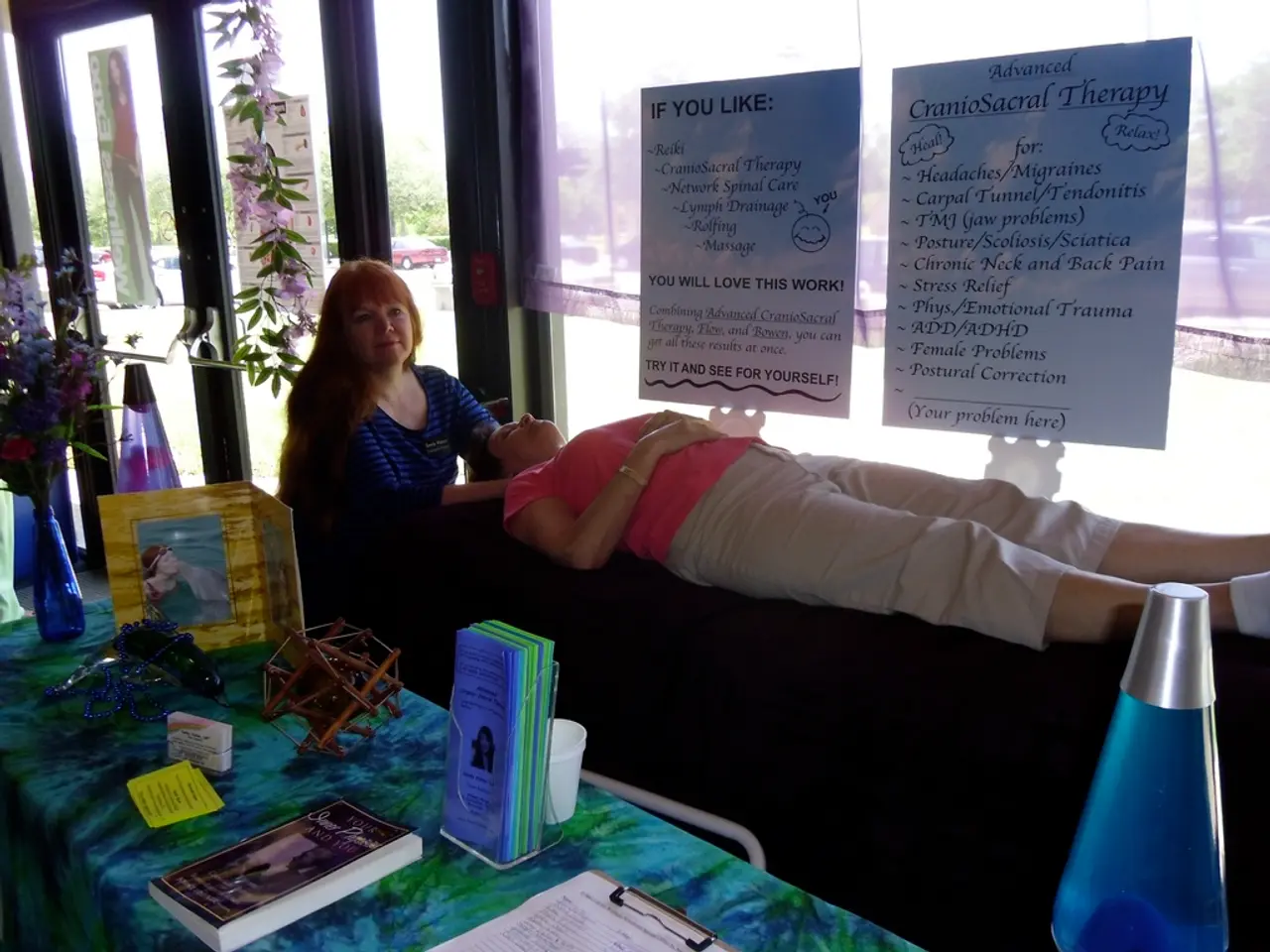Connection between Substance Abuse and Depression
In the midst of the COVID-19 pandemic, a troubling trend has emerged: an increase in substance misuse and mental health issues among U.S. adults. According to the Centers for Disease Control and Prevention (CDC), as many as 31% of U.S. adults reported starting or increasing their substance use to cope with stress or emotions related to COVID-19.
This alarming statistic is not isolated. Every state in the United States reported a spike or increase in overdose deaths or other problems during the pandemic, demonstrating the harm communities experienced as an indirect result of COVID-19.
Substance misuse and mental health conditions like depression, anxiety, personality disorders, schizophrenia, ADHD, and bipolar disorder have a complex, bidirectional relationship. Mental health disorders can increase the risk of substance misuse as individuals may use drugs or alcohol to self-medicate and alleviate symptoms. Conversely, substance misuse can trigger, worsen, or "unmask" mental health symptoms by altering brain chemistry, causing neuroinflammation, and disrupting normal mood and cognitive regulation.
People with untreated mental health conditions often turn to substances for relief, which may initially seem to ease symptoms but typically worsens both the mental illness and the likelihood of developing a substance use disorder (SUD) over time. Substance misuse can induce psychiatric symptoms such as depression, anxiety, paranoia, hallucinations, mania, or psychosis. For example, heavy alcohol use can cause depressive symptoms; stimulants like cocaine and methamphetamine can provoke paranoia and anxiety; marijuana use is linked with increased risk of psychosis, especially in those with genetic vulnerability.
Conditions like ADHD, bipolar disorder, and personality disorders often co-exist with SUDs, where untreated symptoms increase cravings or impulsivity, raising substance misuse risk. Substance misuse alters brain function by networking disruption, neuroinflammation, and damage to brain regions associated with emotion regulation and cognition, which can worsen existing mental illnesses or precipitate new ones.
Effective treatment ideally addresses both conditions simultaneously to improve outcomes. Co-occurring conditions require integrated care approaches, as the combination of mental health disorders and SUDs complicates treatment. It's crucial to remember that recovery is possible, and seeking help is the first step towards a healthier, happier life.
[1] National Institute on Drug Abuse. (2018). Substance Use and Mental Health. Retrieved from https://www.drugabuse.gov/publications/drugs-brains-behavior-science-addiction/substance-use-mental-health
[2] Substance Abuse and Mental Health Services Administration. (2014). Co-Occurring Disorders: A Guide for the Primary Care Clinician. Retrieved from https://store.samhsa.gov/product/Co-Occurring-Disorders-A-Guide-for-the-Primary-Care-Clinician/SMA14-4672
[3] National Institute on Drug Abuse. (2019). Neurobiology and Behavior of Drug Addiction. Retrieved from https://www.drugabuse.gov/publications/teaching-packets/neurobiology-behavior-drug-addiction/section-i-introduction-to-drug-addiction/1-definition-of-drug-addiction
[4] American Psychiatric Association. (2013). Diagnostic and Statistical Manual of Mental Disorders (5th ed.). Arlington, VA: American Psychiatric Publishing.
[5] World Health Organization. (2014). Mental Health Gap Action Programme Implementation Guide: Integrated service delivery for mental, neurological and substance use conditions in low- and middle-income countries. Retrieved from https://www.who.int/publications/i/item/9789241548058
- The increased substance use among U.S. adults due to the COVID-19 pandemic has been linked to underlying mental health issues, such as depression, anxiety, personality disorders, schizophrenia, ADHD, and bipolar disorder.
- Mental health disorders can exacerbate substance misuse, with individuals using drugs or alcohol as a form of self-medication to alleviate symptoms. Simultaneously, substance misuse can also trigger, worsen, or reveal mental health symptoms.
- Effective treatment for co-occurring mental health disorders and substance use disorders requires an integrated approach, as the combination of both conditions convolutes treatment and negatively impacts outcomes.
- Resources such as the National Institute on Drug Abuse (NIDA), Substance Abuse and Mental Health Services Administration (SAMHSA), and the American Psychiatric Association provide extensive information on substance use and mental health, neurobiology, integrated service delivery, and diagnostic manuals for mental disorders.




